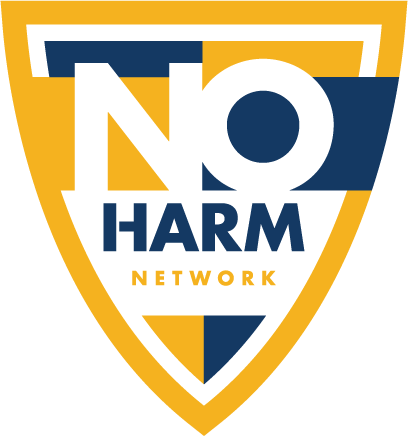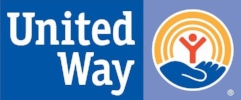IWD is Every Day at NFNL
/Written By: Katrina Tamez, NFNL Grants Manager
Every little girl has big dreams. Dreams to be successful. Dreams of becoming great. Dreams of safety and independence. Somewhere along the way, her hopes and dreams were stolen from her by a person who made a choice for her. They chose to exploit her and chose to trafficker her. No one dreams of being exploited. No one deserves to be exploited.
On March 8th the world celebrated International Women’s Day. A day that recognizes women’s achievements and rallies people for positive change to advance women’s equality and continued progress. At New Friends New Life (NFNL), International Women’s Day is every day. Every day, we get the chance to witness power being reclaimed by women who are accomplishing their dreams. Women who have overcome the unimaginable to be victorious. Women like Becca in a recent Phase-Up ceremony said: “Everyone at New Friends New Life inspires me to keep moving forward. I have been through a lot, and I will continue to grow even stronger.”
NFNL’s vision is to create a community where women and girls can soar above the limits of their past to achieve their dreams. Often, financial ties are what keep survivors tethered to the life of exploitation. When women have the opportunity to become financially self-sufficient, they are able to move forward with their dreams, which is why Economic Empowerment is a core pillar in our Women’s Program. The Economic Empowerment program teaches workforce readiness and life skills, provides financial literacy tools, connects women to entry-level employment, offers educational guidance, and provides interim financial support for basic living expenses to bridge the gap to self-sufficiency. This program helps provide the tangible skills and resources a survivor needs to overcome her history and make it HER STORY so that she can accomplish her dreams….Because at NFNL we believe it is never too late to achieve your dreams.
We honor Annette, for example, a proud graduate of the Women’s Program who is now serving as an Economic Empowerment Specialist at NFNL. She recently celebrated earning her bachelors degree in Sociology. Although her dreams may have evolved over the years, Annette plans to continue using her nurturing spirit to invest in other women, because HER STORY is just beginning! The healing power of community and support provided at New Friends New Life empowers survivors and members of our Alumni Circle as they reclaim their power and bring new dreams into fruition. That is something worth celebrating every day.




















